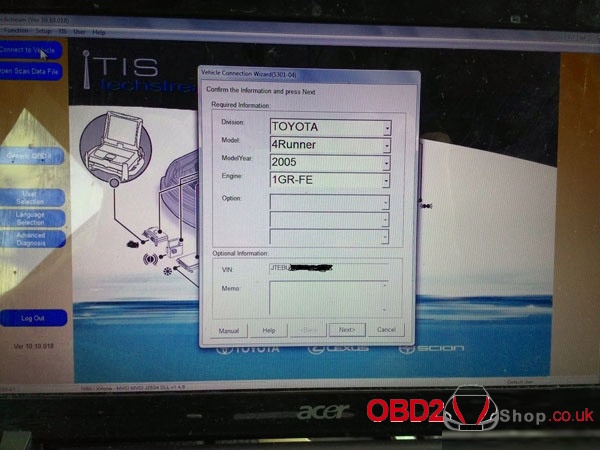

All associations were rendered nonsignificant when we adjusted for participant's education. Results Hope was moderately associated with self-esteem ( r = .49, p 1.69, 95% confidence interval 1.01-2.63) scores predicted higher early-onset any dementia risk across the statistical models arithmetic and visuospatial ability scores were similarly associated with early-onset any dementia risk, but these associations weakened after covariate adjustments (HR per 1 SD disadvantage >1.57, 95% CI 0.96-2.57).

The scores on the Herth Hope Index, Social Support Questionnaire Short-Form, and the State Self-Esteem Scale were analyzed using linear regression.

Methods Data were obtained from 53 individuals with early stage dementia. Objective The purpose of this descriptive study was to examine the relationships between hope, social support, and self-esteem in individuals with early stage dementia. Studies have found that hope, social support, and self-esteem facilitate coping, adjustment, and adaptation in chronic illness. Influence of hope, social support, and self-esteem in early stage dementia.Ĭotter, Valerie T Gonzalez, Elizabeth W Fisher, Kathleen Richards, Kathy Cīackground People in the early stages of dementia adjust to the illness through stages of awareness, coping, and evaluation. Wayfinding problems were rare among both groups, but the early stage dementia group was significantly more likely to get lost. Few safety-related behavioral errors were found for either group. At the same time, the early stage dementia group (which had been previously cleared by an occupational therapist as safe to drive) drove as safely as the comparison group. The early stage dementia group was found to have significantly restricted driving space relative to the comparison group.
#MINI VCI DRIVER ENDED PREMATURELY ON WINDOWS 10 DRIVERS#
Data from the early stage dementia group were compared to similar data from an existing dataset of 26 older drivers without dementia. Data from the in-vehicle instrumentation were reduced and analyzed, using a set of algorithms/heuristics developed by the research team.

Participants had their vehicles instrumented with a suite of sensors and a data acquisition system, and drove 1-2 months as they would under normal circumstances. Seventeen drivers with a diagnosis of early stage dementia, who had completed a comprehensive driving assessment and were cleared to drive, participated in the study. The objective of this project was to use in-vehicle technology to describe a set of driving behaviors that may be common in individuals with early stage dementia (i.e., a diagnosis of memory loss) and compare these behaviors to a group of drivers without cognitive impairment. Recent advances in sensor, computer, and telecommunication technologies provide a method for automatically collecting detailed, objective information about the driving performance of drivers, including those with early stage dementia. There is evidence that drivers with Alzheimer's disease and related dementias are at an increased risk for unsafe driving. Driving behaviors in early stage dementia: a study using in-vehicle technology.Įby, David W Silverstein, Nina M Molnar, Lisa J LeBlanc, David Adler, GeriĪccording to the Alzheimer's Association (2011), (1) in 8 people age 65 and older, and about one-half of people age 85 and older, have Alzheimer's disease in the United States (US).


 0 kommentar(er)
0 kommentar(er)
